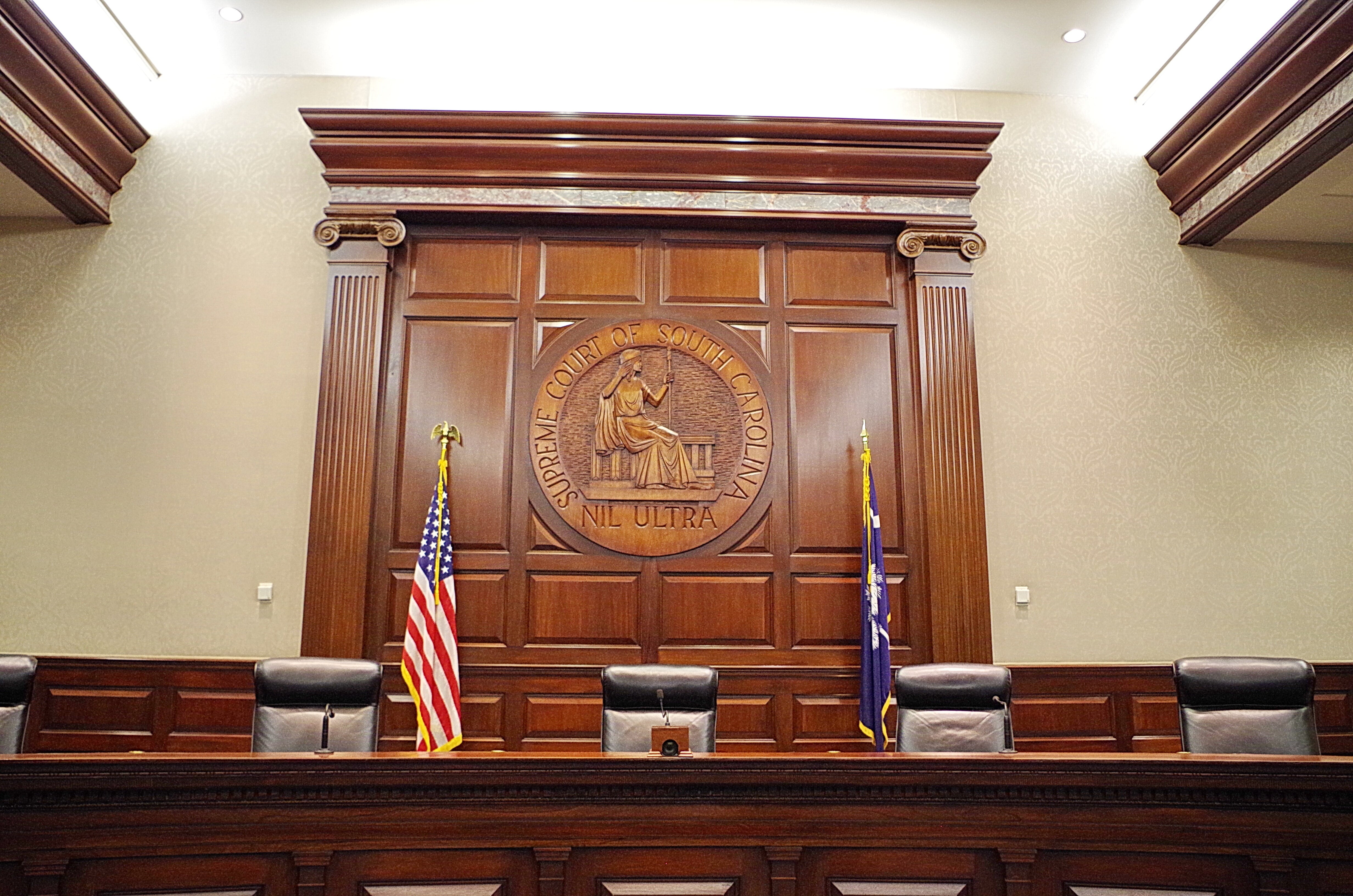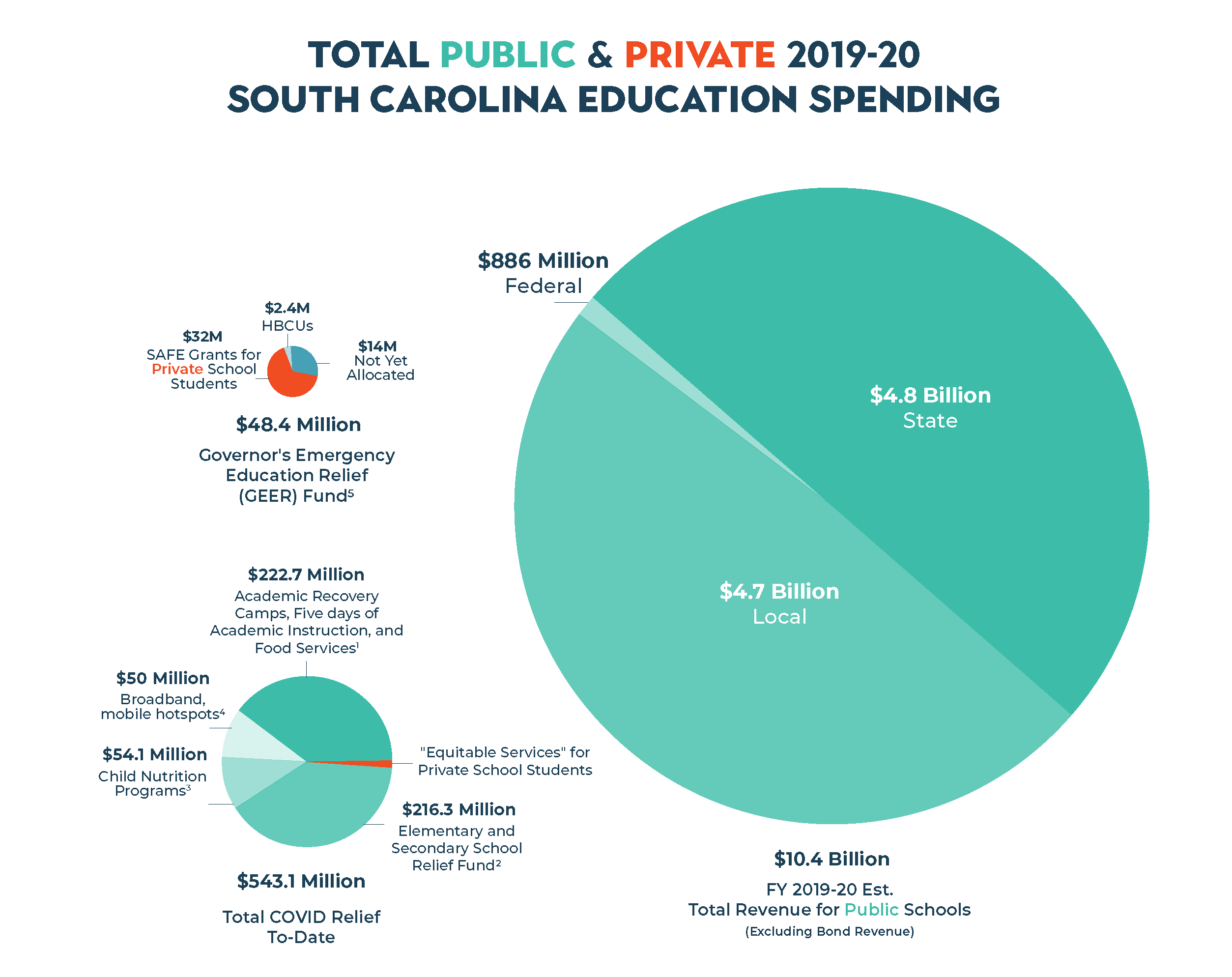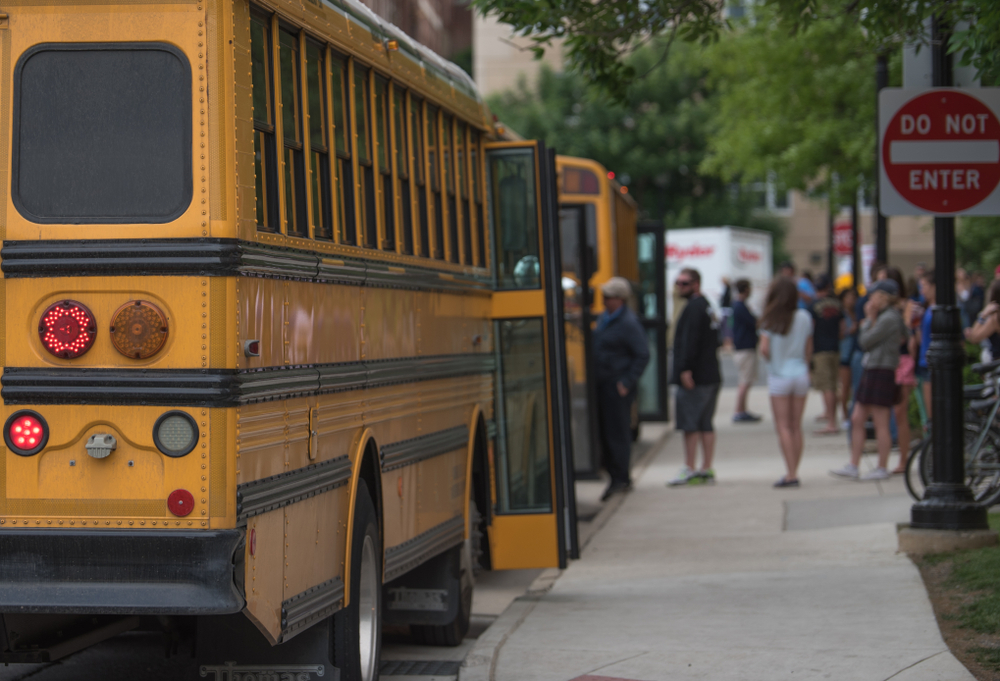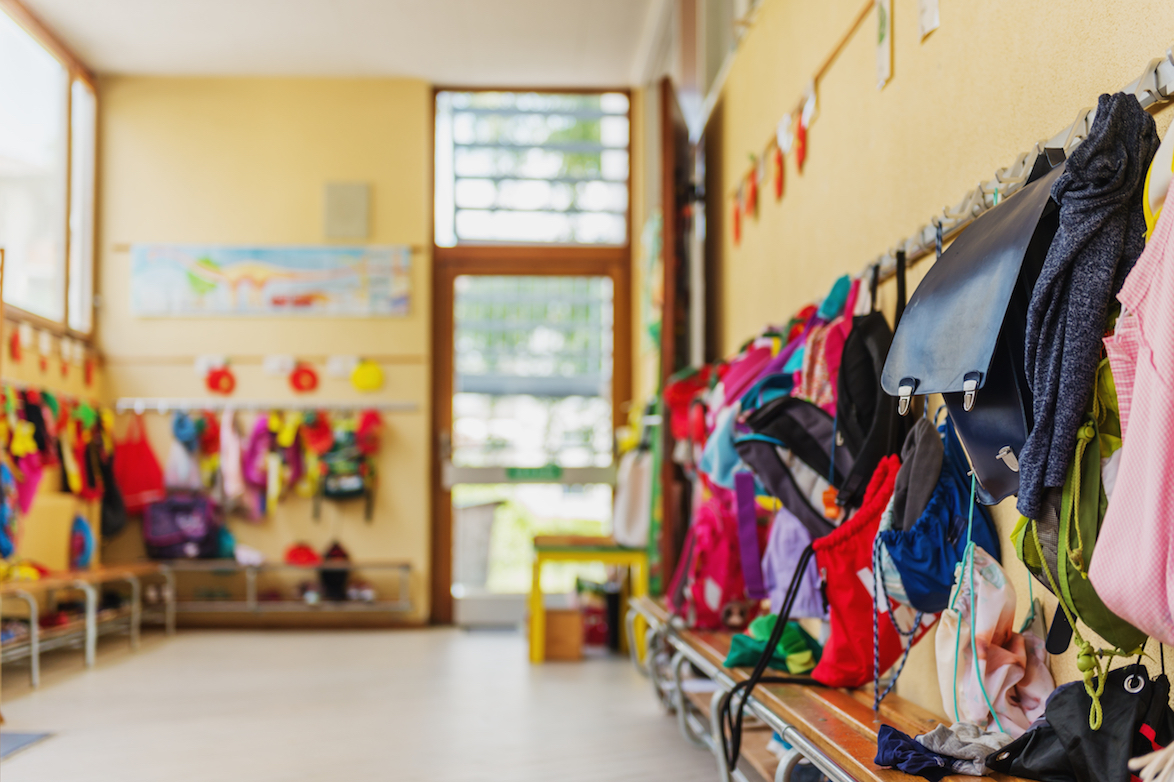Fast Facts: A Review of South Carolina’s Judicial Selection Process

Read our new fast fact sheet to answer the following questions: How do we vet and elect our judges in South Carolina? How can we make sure our process in the Palmetto State prevents black-robed legislating?











